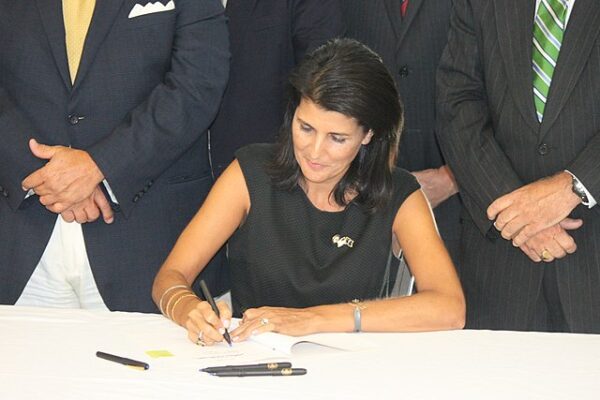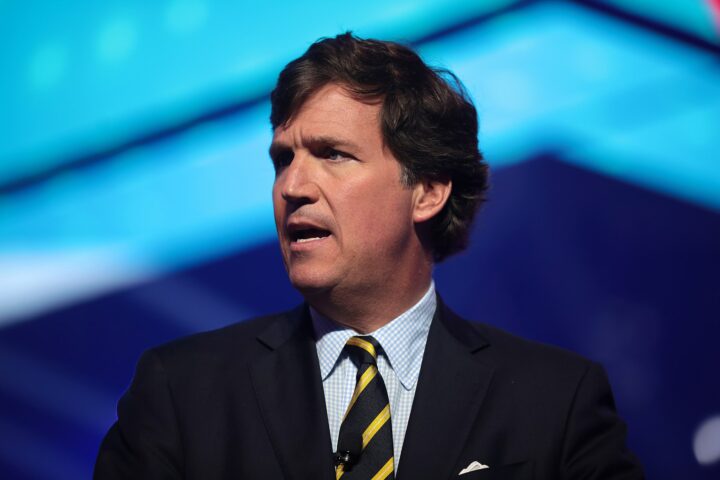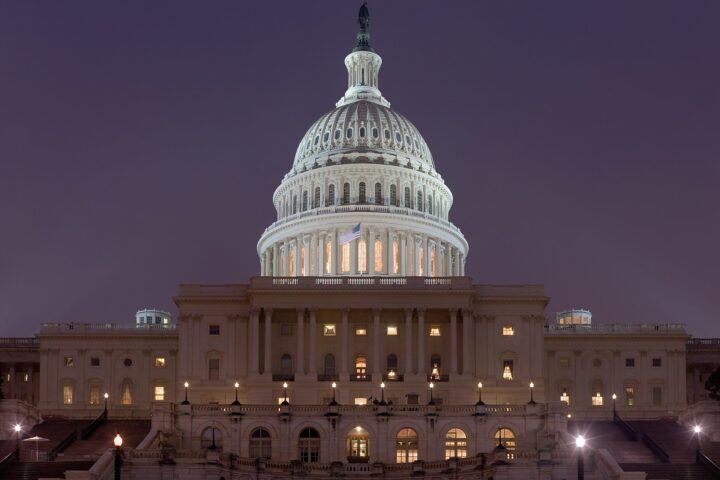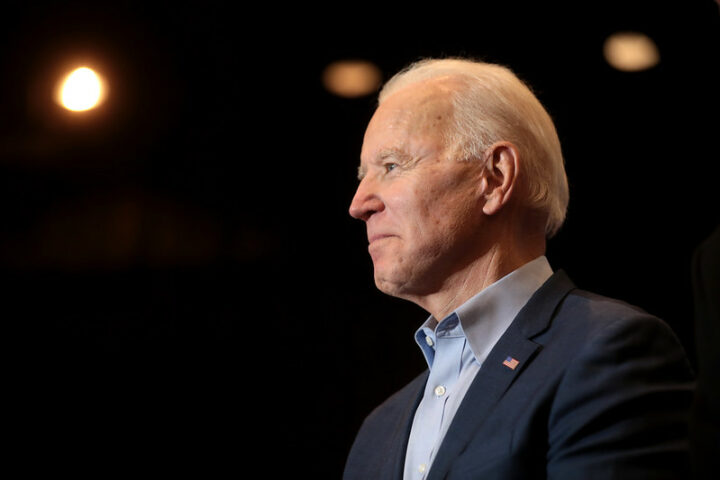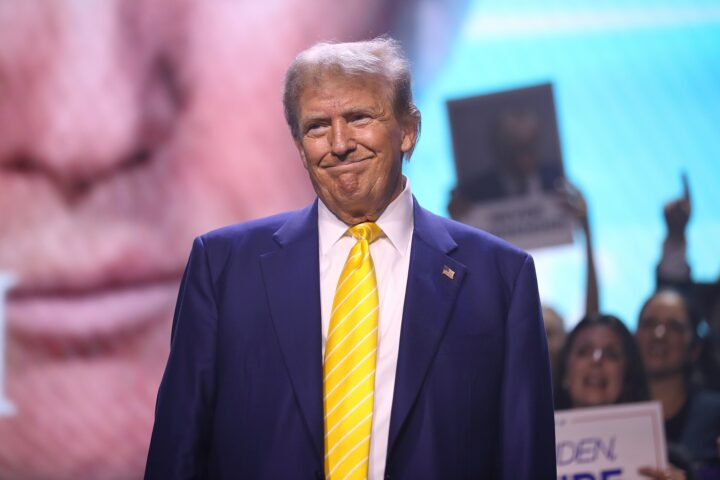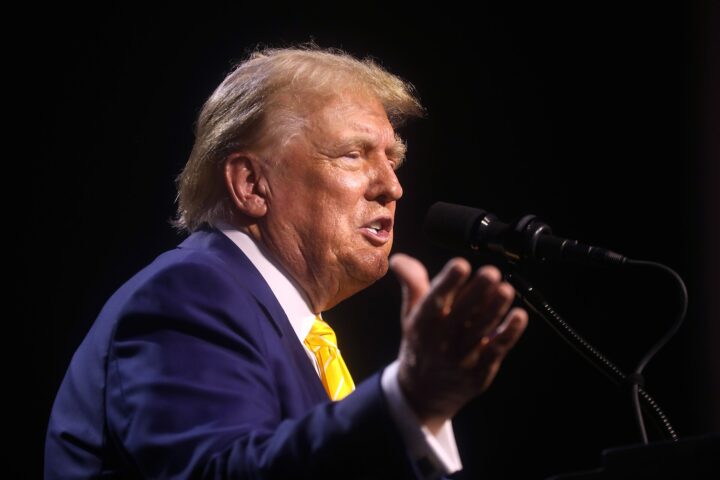As she rises in the polls, Nikki Haley is getting more questions about what she’d do if she won the White House, including how she could handle a possible conviction of her former boss, Donald Trump.
Answering a question from what appeared to be another Democratic plant, or at least a politically and history-obsessed child who likened her to John Kerry, the former UN Ambassador said during a town hall in Plymouth, New Hampshire, that she would pardon the former president if he’s convicted in federal court.
NBC News reports:
“A leader needs to think about what’s in the best interest of the country,” Haley went on. “What’s in the best interest of the country is not to have an 80-year-old man sitting in jail that continues to divide our country. What’s in the best interest of our country is to pardon him so that we can move on as a country and no longer talk about him.”
Haley was responding to a question from a 9-year-old in the audience, who joked that she was “the new John Kerry” because she was “a flip-flopper on the Donald Trump issue.”
“How can you change your opinion like that in just eight years, and will you pardon Donald Trump?” the child asked.
Haley, the former U.S. ambassador to the U.N. under the Trump administration, has often been accused of a lack of resolve when it comes to her ex-boss. She had indicated her openness to pardoning him in the past; after Trump was indicted in the classified documents case in June, she chided him for being “incredibly reckless with our national security” in an interview on a conservative radio show but said she would be “inclined in favor of a pardon” for him.
Haley’s answer made many recall President Gerald Ford ‘s highly contentious full and unconditional pardon of Richard Nixon, on September 8, 1974. The president’s decision drew vehement public criticism and raised concerns about its potential to shield Nixon from legal consequences following his resignation from the presidency.
Ford defended his controversial act as a measure aimed at fostering national healing and unity, averting a protracted legal battle. However, the pardon exacerbated a decline in Ford’s public approval and may have played a role in his electoral setback in the 1976 presidential race. The enduring debate surrounding the pardon underscores the intricate interplay between accountability, clemency, and political pragmatism in the aftermath of one of the darkest episodes in American political annals.

